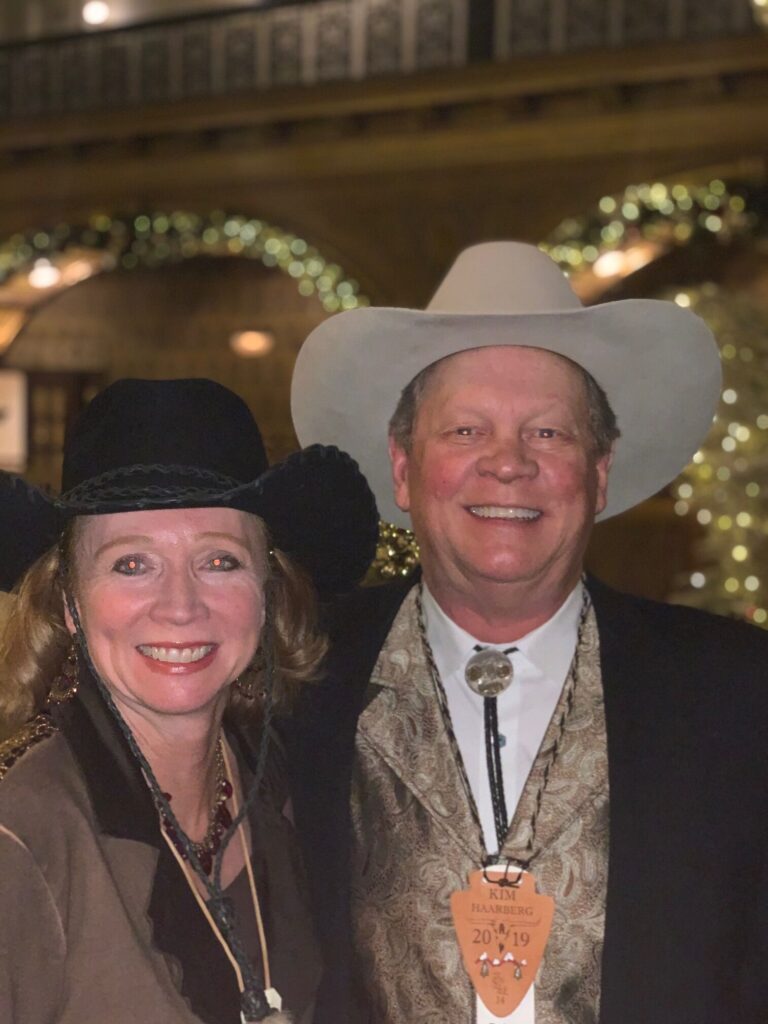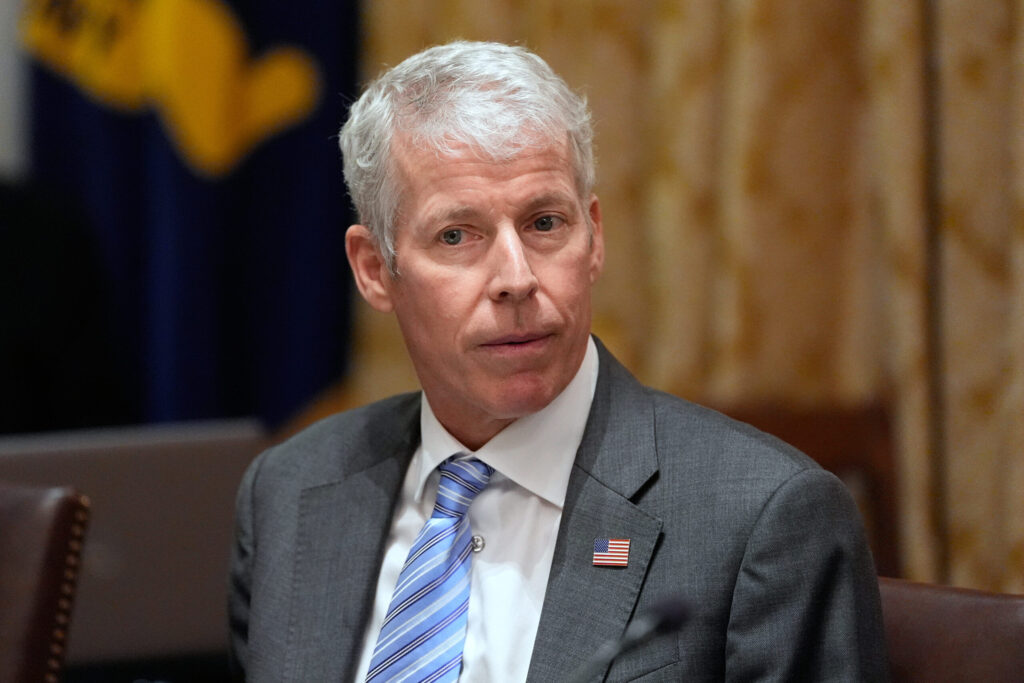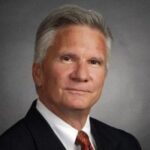BIDLACK | Proposed cuts in space exploration are penny-wise, pound-foolish

Did you know that Colorado is a nuclear power? OK, that may be overstating it a bit, but did you at least know that it is home to a number of intercontinental ballistic missiles? It’s not a secret, it’s the 321st Strategic Missile Squadron, based out of F.E. Warren Air Force Base up the road in Cheyenne, Wyoming. How do I know, besides a Wikipedia search? I was there. My Air Force career began as an ICBM launch officer at Warren, back in the early 1980s. During my days pulling alerts, I visited Colorado often, as several of the Squadron’s ICBM control sites are just inside the Colorado border.
Colorado has played, and continues to play, a significant role in aerospace operations. One of the original Mercury astronauts, Scott Carpenter, was born in Boulder, and Denver’s own Jack Swigert was an Apollo astronaut who flew to the Moon on the remarkable Apollo 13 mission. Swigert was later elected to Congress from here. Sadly, he died of cancer before he could take office. Colorado was the home state of Apollo 14 crewmember Stu Roosa, and Colorado Springs claims Dorothy Metcalf-Lindenburger, a Shuttle astronaut and teacher, as one of its own. Del Norte is proud to call itself home for astronaut Kent Rominger, who had five shuttle missions under his belt. Our country’s cutting-edge defense of space is based here in Colorado, with Peterson Air Force Base hosting both US Space Command and Air Force Space Command and headquarters.
Yet, all too often space operations, and NASA in particular, are seen as a place to save a bit of money, come budget time. President Trump has proposed shutting down the International Space Station after 2024, and while giving the Agency a tiny boost in funding (.8% to be exact), the president’s budget terminates four different Earth science missions, cancels NASA’s asteroid redirect mission and appears to abandon any efforts to reach Mars.
Time for a full disclosure: I am a complete space nut. I’m an active amateur astronomer and a big fan of the space program (I even, as a kid, got to see a Saturn V launch, when Apollo 15 headed for the Moon), and that is why I’m bragging about Colorado’s role in space operations and am concerned about the proposed reductions in funding.
President Trump has proposed shutting down the International Space Station after 2024, and while giving the Agency a tiny boost in funding (.8% to be exact), the president’s budget terminates four different Earth science missions, cancels NASA’s asteroid redirect mission and appears to abandon any efforts to reach Mars.
You see, in addition to remarkable people, Colorado is home to a remarkable collection of remarkable companies doing remarkable work in space. According to The Colorado Office of Economic Development and International Trade, our state is home to over 400 aerospace firms, with more than 160,000 employees, and an annual payroll of more than $3.2 billion. Eight of the nation’s 10 ten aerospace companies operate in Colorado, and we rank in the top five states receiving NASA contracts. The Colorado Space Coalition includes major hitters like Boeing, United Launch Alliance, and Ball Aerospace.
If you don’t study the situation carefully, it’s easy to dismiss the importance to our state and to our nation of aerospace operations. As you just saw, there is a major economic impact for Colorado, but I think it goes well beyond simple dollars and sense. Apollo 15 Commander and Moon walker Dave Scott may have captured this spirit, when upon his return to Earth, he noted: We went to the Moon as trained observers in order to gather data, not only with our instruments on board, but also with our minds. Plutarch, a wise man who lived a long time ago, expressed the feelings of the crew of Apollo 15 when he wrote, The mind is not a vessel to be filled, but a fire to be lighted.
Not long ago, in a unremarkable-looking building here in Colorado Springs, I was allowed to hold (albeit under strict conditions) a small bit of hardware an extraordinary Colorado company, Peraton, is making. The part itself, a bit of insulating foamy stuff, does not appear to be too remarkable, until you know where it is going. That bit of proprietary plastic in my hand will, in just a few years, be part of a spacecraft that will land on the planet Mars. That small component will travel millions of miles and will spend eons on the plains of the red planet. That experience moved me greatly as I pondered the remarkable and wonderous abilities of humankind to reach beyond our cradle. I was, for a brief moment, touching the stars. And I only had to go down the street, here in Colorado.














